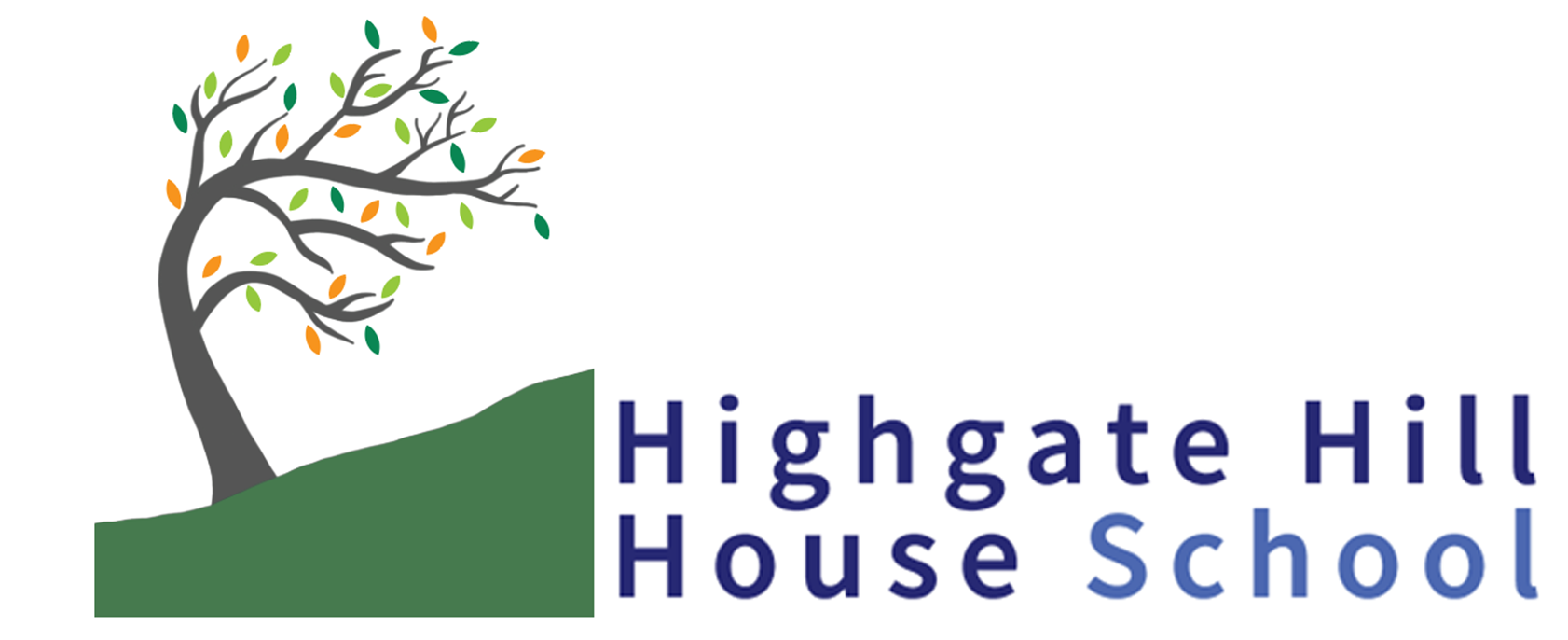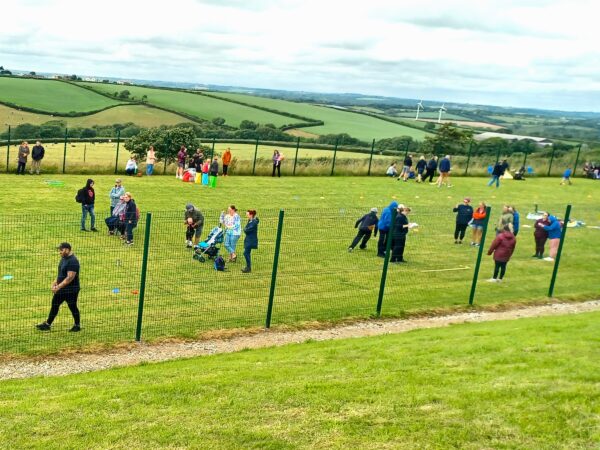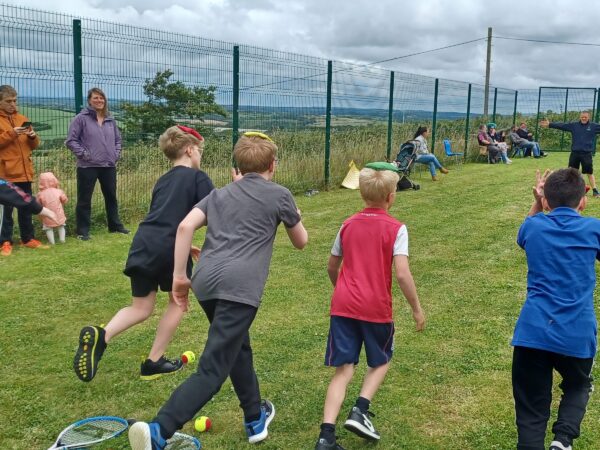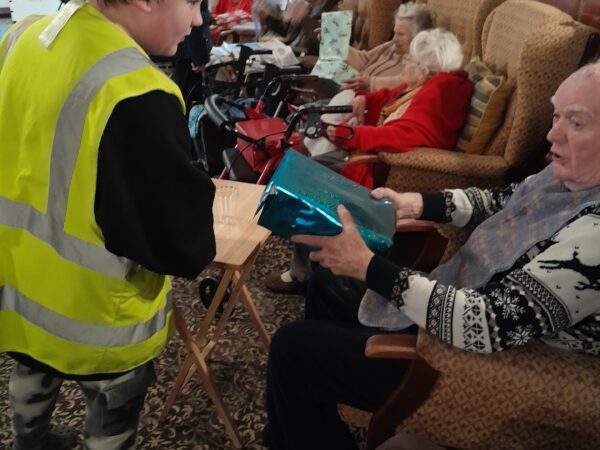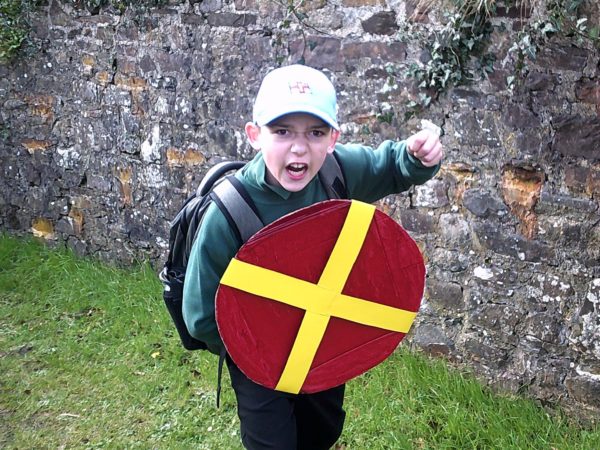Applying for a Place at our School
To join our school, your child must have an Education, Health and Care Plan (EHCP) in place.
We have a formal admissions procedure which is outlined in our Admissions Policy and which ensures we are able to meet a learner’s needs.
Our school works with learners with a broad range of SEND, including Cognition and Learning, Communication and Interaction, Social Emotional Mental Health, and Sensory and Physical.
Learners can join our school at any time during the school year and will follow a personalised curriculum package to meet their individual needs.
Our caring and committed staff team will spend time getting to know you and your child during a carefully planned transition, to ensure they feel safe, settled, secure, and ready to learn.
Book a personalised tour of our school by calling the office or, alternatively, contact your current provision or Local Authority SEND Co-ordinator for more information about joining our unique and special school.
To read our Admissions Policy, please visit our Policies Page
Learner Case Studies
We love to celebrate our learners’ successes and achievements! We are proud to share with you some of the stories of how the school and our incredible team have supported learners to fulfil their potential.
Learner A
Imagine a world where you can only communicate with your immediate family, where you cannot manage social interactions with more than one person at a time let alone be present in a classroom. For this young person the barriers to learning were immense.
Taking a person-centred approach in creating an individual support and learning plan was key to showing her that she was listened to and supported at every step of her journey with us.
Having had mostly online learning prior to joining us, it was a very gradual process integrating into a different environment, but with the strong foundation of supporting emotional needs, her social skills began to flourish.
Within a short period of time this young learner was able to start attending the school in person and by the end of the following academic year sitting GCSE’s in multiple subjects including all three sciences, maths and English.
By ensuring her emotional and mental wellbeing were given priority, her social and academic skills have blossomed.
Learner B
Learner B has autism, ADHD and a traumatic past surrounding her developed PICA as a stress-coping mechanism. She started at HHHS when she was 11, and had been asked to leave 2 different mainstream settings before coming to us.
For the 5 years that she has been here she has been supported by multiple key adults who she felt safe and comfortable with and has advanced in Maths, English and Science as well as excelling at art both in school and in off-site provision.
Learner B is fully integrated into a class with 3 other students, and she feels happy, comfortable and safe, and is now willing to try to work on things that she has little to no knowledge of. She gained her entry level 3 functional skills in English and next year will continue with this as well as acquiring functional skills qualifications in Maths. Learner B is also incredibly artistic and has developed her own unique style in clay work. Her sculpting teacher has even said that an artistic appraiser could look at their work and easily assume it is that of a ceramicist who has worked for decades.
Learner B has also worked with key adults to improve her mental health and the way she deals with stress. Her PICA is now almost non-existent, and she is much more successful when regulating her own emotions.
Learner C
Learner C began at Highgate with a non-Verbal ASD diagnosis. We strive to create a neurodivergent inclusive educational space where learning experiences can be positive for everyone.
With complex needs and severe communication challenges to face as well as a hyper-sensitivity to the world around us, this young student has many barriers to overcome.
We have built trust and understanding by taking a person-centred approach. We have asked questions and listened to the response. We have tailored the learning experiences to support this, and this has helped ensure that the young person always feels supported.
As this trust has developed, the young person has found their voice and has moved from being pre-verbal to communicating verbally. Their academic skills have grown exponentially. He is a valued member of our school family.
Learner D
In the past, Learner D has been very reluctant to engage in any academic learning. He was disruptive in a classroom situation and at times showed high levels of anxiety at being in school. He struggled socially with his peers as he does not read social cues and does not understand the point of view of others.
Through breaking down the learner’s day and giving the learner their own space, we have managed to reduce his anxiety about being in school. We allow peers into his space, and the learner is also beginning to interact in different classrooms. The academic learning takes place through games and activities, so he is still progressing with learning. We are now introducing some formal learning in very short bursts.
Following this support, Learner D no longer deregulates. He is really happy to come to school and his parents have noticed a huge positive change in his behaviour at home. He is a very different young person to the one who arrived a year ago. He is even beginning to engage in more adult led activities as well as being able to focus on small amounts of learning in maths and English.
Learner E
Learner E started with HHHS in 2022 and was receiving one-to-one support with a member of staff in her own home. At this time, she was extremely anxious and wouldn’t speak directly to the staff member, and the word ‘school’ could not be mentioned.
With calm, consistent and nurturing support, Learner E built a relationship with her key worker, starting with colouring and reading and moving towards visiting libraries and project work. Eventually, she started first at a satellite site, and then at the main school site in early 2023.
In the past two and a half years, Learner E has grown in confidence and has matured into a valued member of the school, who has built strong relationships with staff and fellow learners. Learner E is now in Year 11 and works diligently in all her lessons. She is working at age-related expectations for English and is rapidly catching up in Maths and Science. This is an extraordinary achievement, considering Learner E’s starting point just a few short years ago.
Learner F
When Learner F first joined our school, she faced significant barriers to learning. The busy classroom environment was overwhelming for her, and she struggled to manage her emotions safely. Traditional learning approaches caused high levels of anxiety, and she was unable to engage with formal tasks. At this stage, she required a highly personalised, play-based approach to help her feel secure and ready to learn.
As she grew older, her underlying anxiety became more prominent. She found it extremely difficult to be around other learners who were dysregulated and, in time, this led to prolonged school avoidance. For around two years, she could not access the main school environment and received one-to-one support to help rebuild her confidence, emotional regulation and basic learning skills. Her severe dyslexia added further challenge, making even simple writing tasks feel overwhelming.
With patient, consistent support and a focus on building trust, Learner F was eventually able to reintegrate into a class. Initially quiet and withdrawn, she still found classroom demands difficult and would sometimes retreat or disengage when things felt too hard. However, through strong relationships with key staff and carefully tailored learning approaches, she began to make steady progress.
Over the past two years, her transformation has been remarkable:
-
She now attends lessons regularly and engages far more confidently in her learning.
-
She works closely with trusted staff, completing tasks and working toward recognised qualifications.
-
Her emotional resilience has grown, allowing her to manage challenges that once felt impossible.
-
Socially, she has flourished, developing a stable friendship group and becoming a valued member of the school community.
Today, Learner F is a calm, settled and motivated learner who takes pride in her achievements. Her journey demonstrates the impact of individualised support, strong relationships and a nurturing environment that believes in every learner’s potential.
Learner G
Learner G has been with Highgate Hill House School for two years, and during this time he has made remarkable progress both academically and socially. He arrived as a learner who was always keen to learn and eager to socialise, but who had never been given the support he needed to fully access his abilities. With the right structure, understanding and consistency in place, he has flourished. He has embraced a range of bespoke opportunities both inside and outside the classroom, and this has enabled him to thrive across all areas of school life. Academically, Learner G has demonstrated clear progress within the curriculum, including taking Functional Skills assessments and achieving success in them. Socially, he has found his place for the first time, forming genuine connections with his peers and enjoying positive interactions with other learners every day.
His achievements are not only the result of the opportunities created for him throughout the school day, but also a reflection of the confidence he has developed since joining Highgate. Learner G now believes in his ability to succeed, and this self-belief has empowered him to work towards—and achieve—his desired outcomes. His journey is a powerful example of what the right environment, relationships and support can unlock.
Testimonials
“When we first visited Highgate, Zac said to me afterwards ‘This is the one Mum’, and he was absolutely right. Highgate is the perfect school for my boy.”
“Jack absolutely adores coming to school it’s his favourite place to be :)”
“Highgate has been a fantastic experience for a boy who lost all confidence and self belief in previous schools. Thank you Highgate for letting me see my boy again, can’t wait to see where we go next.”
“The staff at Highgate have been amazing the children arrive home happy every day and enjoy their time whilst there. I cannot thank the staff of Highgate enough for supporting not just the children but also myself”
“Since coming to join Highgate, my son has gained so much confidence and is so much happier than he has ever been in a previous school. He has come home and told me that he ‘loves being at school.'”
“Earlier this year, we were despairing, thinking that our son would never thrive in an educational establishment again. Happily, that has all changed since he started at Highgate. He actively enjoys going to school, and the bespoke transition that the highly skilled staff at Highgate have arranged has ensured that he has integrated seamlessly.”
“I can only sing the praises of Highgate Hill House School! My son has attended for the last four years, and I can attest to the kindness of the staff, the patience to support him and the skill developing his life skills and academically.”
“The quality of teaching, the approach, the support that they give is exceptional. I can’t begin to tell you what a difference they have made to our mental health, let alone our daughter’s.”
“The staff’s belief and encouragement for my son has been exceptional.”
“The whole team are awesome.”
